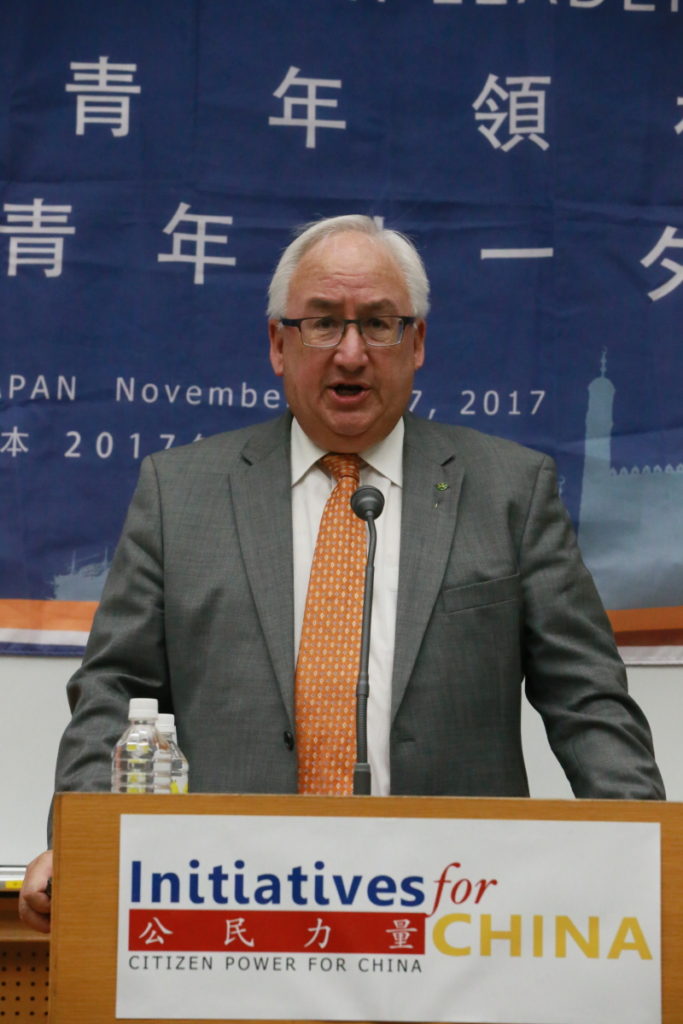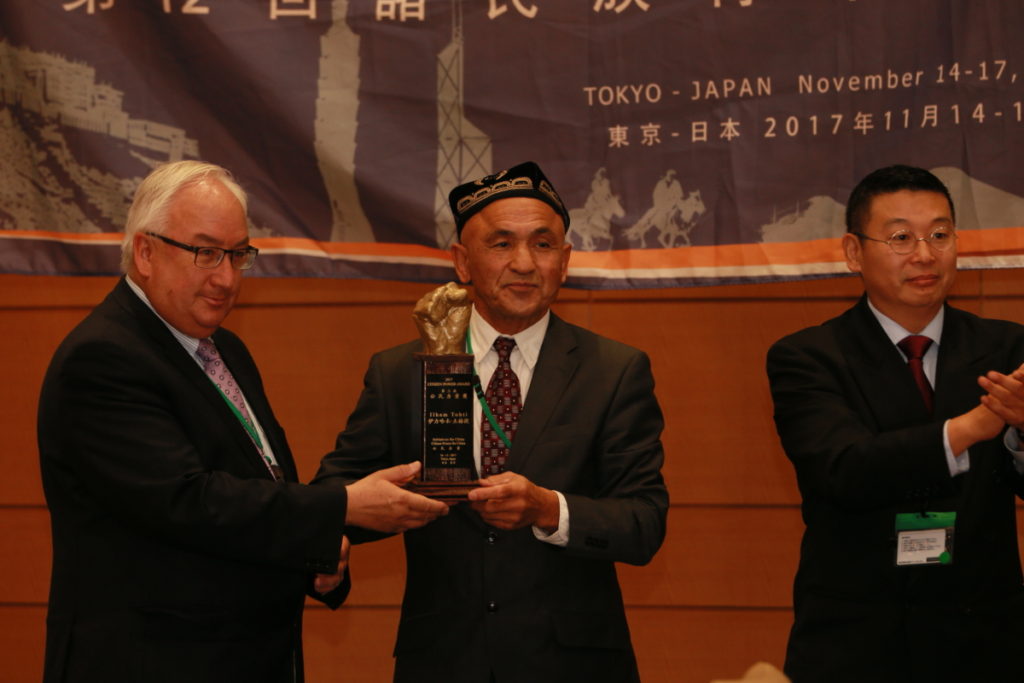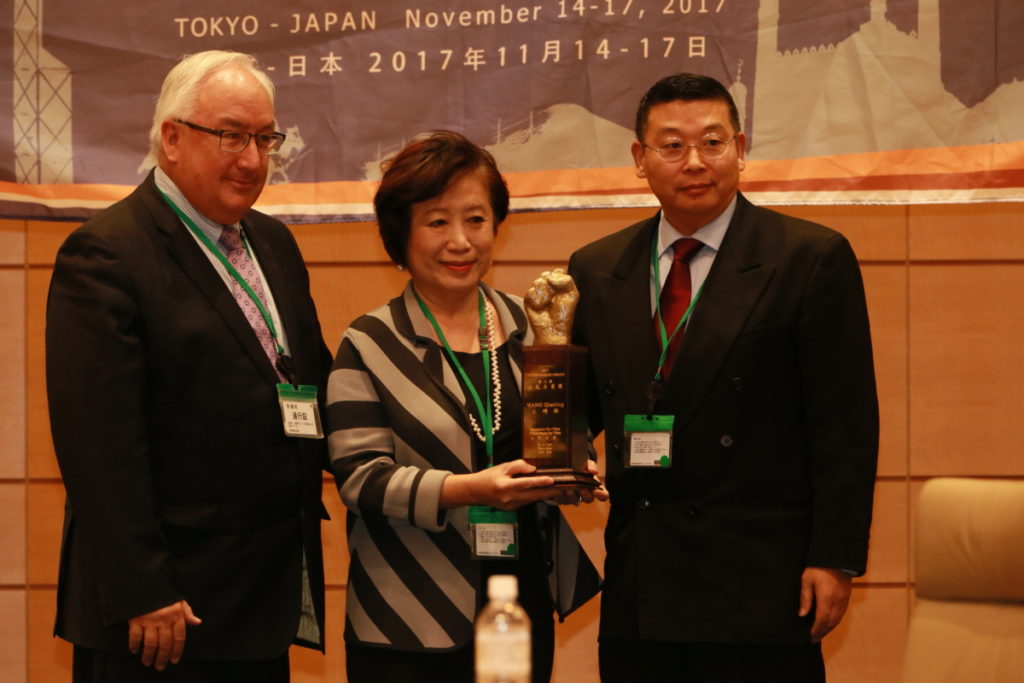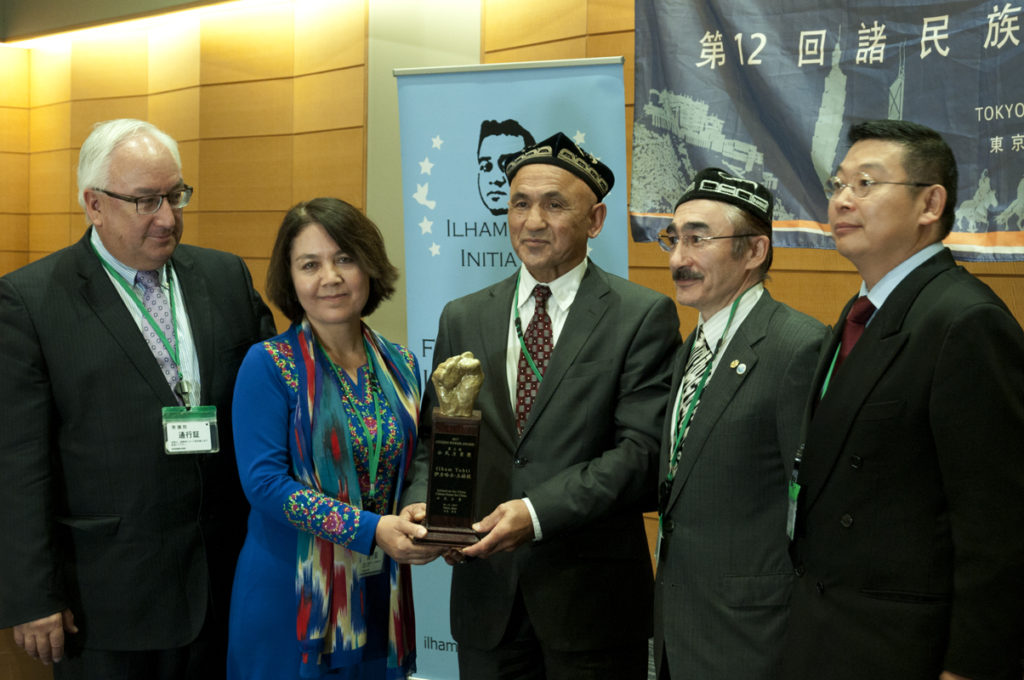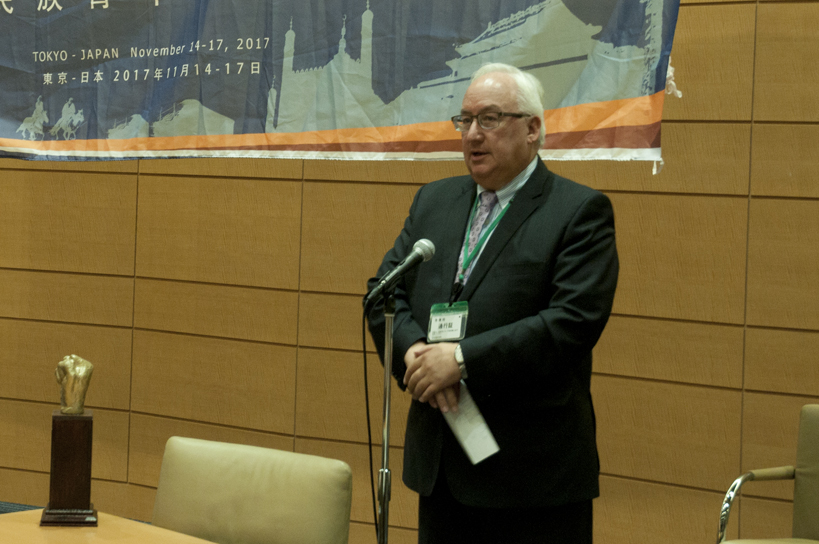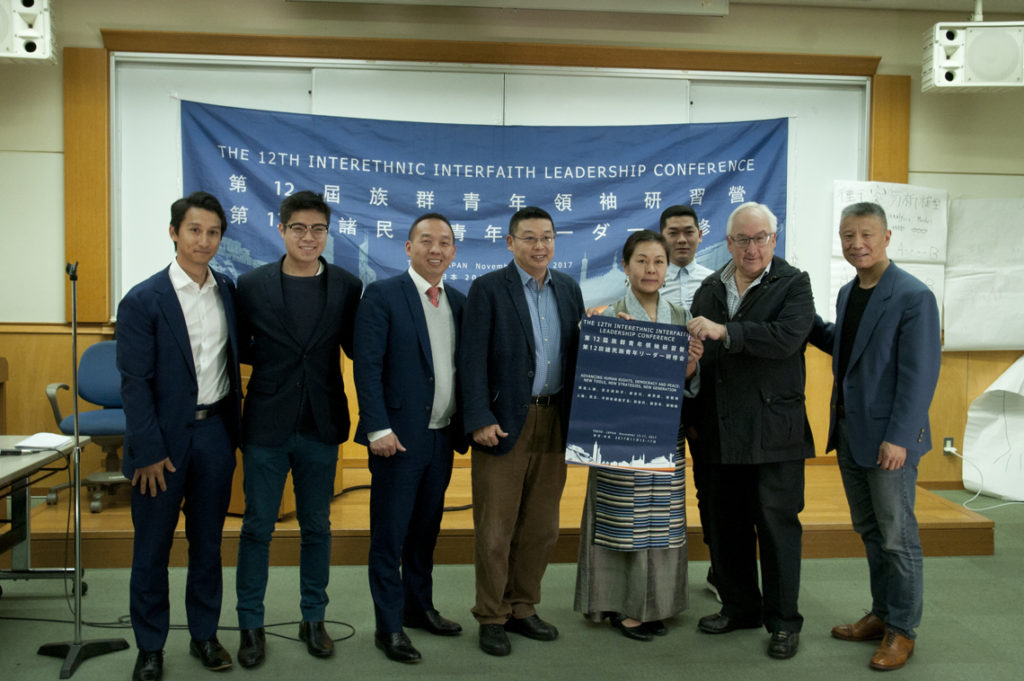——Yibao reporter, Zhou Hong interviewed Dr. Yang Jianli on this issue.
Australian MP Michael Danby who has long been concerned about China’s human rights issues, introduced an Australian version of the Magnitsky Act in the Australian House of Representatives today. The official name of the act MP Michael Danby introduced is International Human Rights and Corruption Bill 2018. In condemning the CCP’s poor human rights record and promoting China’s human rights improvement, Citizen Power Initiatives for China (CPIFC) has been working closely with Michael Danby for many years. Since the United States, Canada and the United Kingdom passed their respective versions of Global Magnitsky Human Rights Accountability Act, CPIFC has switched its priorities of promoting the Magnitsky Act to democracies such as Australia, Japan and Germany. The reporter of Yibao interviewed Dr. Yang Jianli, founder and president of CPIFC on this issue.
Reporter: Dr. Yang, international human rights activists all attach great importance to the Magnitsky Act. Can you explain the reasons?
Dr. Yang: The Magnitsky Act is a common name for a series of actions in which the United States and other countries have passed legislation to punish human rights violations and corrupt officials in authoritarian countries. Each country gives a different name to its law of the same nature. The United States initiated the Magnitsky Act in 2012 and passed legislation to punish the Russian officials who persecuted the lawyer Magnitsky to death. The backstage planner of this was an American businessman, Bill Browder who obtained the British nationality. Magnitsky was the tax lawyer of his Russian company. Magnitsky was put into prison and persecuted to death for exposing Russian officials’ crime of peculating a large amount of taxes. In December 2016, the United States passed the Global Magnitsky Human Rights Accountability Act to punish officials worldwide for human rights violation and corruption, including restrictions on entry into the United States and freezing of property in the United States. Outside the United States, there are similar bills in Canada, the United Kingdom, and the three Baltic States (Lithuania, Estonia and Latvia). The Magnitsky Act provides a very important tool for human rights activists. Sometimes it is better to punish individuals than to condemn the “government”, because it can make human rights violating villains have more scruples. Therefore, the international human rights community attaches great importance to the Magnitsky Act.
Reporter: Today, Australian congressman Michael Danny proposed the Australian version of the Magnitsky Act in the Australian House of Representatives. Can you please tell us what you know about this?
Dr. Yang: In 2012, the United States passed the Magnitsky Act against Russia. Dr. Han Lianchao gave a lecture on this subject at the 7th InterEthinc/InterFaith Leadership Conference organized by CPIFC, which initiated CPIFC’s endeavor to promote the global Magnitsky Act. The 10th InterEthinc/InterFaith Leadership Conference specifically invited Bill Browder to deliver a lecture on this subject. Both the 10th and 11th Conferences participants unanimously selected the subject of promoting the Global Magnitsky Act as a common project. In 2017, when the United States, Canada, the United Kingdom, Lithuania, Estonia, and Latvia had passed their respective Global Magnitsky Acts, we began to target Japan, Australia and Germany and chose to host the 12thInterEthinc/InterFaith Leadership Conference in Japan. We invited Australian MP Michael Danby to discuss the promotion of the Magnitsky Act in Australia, and Dr. Han Lianchao hosted a training class on this subject at that conference. Since Mr. Michael Danby had decided to retire in early 2019 and the time was very tight, so at that conference we decided to hold the 13th InterEthinc/InterFaith Leadership Conference in Canberra, Australia in September or October 2018 to support Michael Danby.
Reporter: Why wasn’t the 13th InterEthinc/InterFaith Leadership Conference held in Canberra, Australia as had been scheduled?
Dr. Yang: There are two reasons. The first reason is our funds were cut because of disputes that had nothing to do with us, so it is very difficult to go to Australia to hold such a large-scale event. The second reason is my application for a travel document has been delayed (the Chinese government doesn’t issue me a new passport, so I have to apply for a US travel document to go abroad). I haven’t obtained a travel permit yet and cannot go to Australia. A CPIFC member worked as an intern in the Danby’s office, so we have been in constant communication with Mr. Danby.
Reporter: What do you think we should do to promote the Magnitsky Act now?
Dr. Yang: There are three things we can do.
The first is to disseminate information and conduct training courses so that more human rights activists and victims of human rights violations can master this tool and know how to use it.
Second, we should put more human rights violating villains on the punish list of the Magnitsky Act. We must remember that the Magnitsky Act says that human rights villains “can be punished” through the application of the Act, not “must be punished”, so whoever gets on the list is subject to diplomatic considerations, and the pressures from human rights activists on the government that implements the Act are also relevant. For example, in the past few months, we have been appealing to the White House, the State Department and the Department of Treasury to put Chen Quanguo on the punish list. However, some US officials are afraid that this may influence Sino-US diplomatic relations, considering Chen Quanguo’s high level in the CCP and his membership of the Political Bureau of the CCP Central Committee, but some other US officials, Congressional members, as well as the human rights activists, insist that Chen should be put the list. Currently, the situation has been in a seesaw state and the outcome is still difficult to predict.
The third is to promote similar actions by democratic countries that haven’t passed the Magnitsky Act. Australian congressman Michael Danby is retiring soon, but the current bill is only proposed, not passed yet, so it needs to be actively promoted by other MPs and human rights activists, especially Australian activists.
Reporter: What specific actions will CPIFC take on this issue recently?
Dr. Yang: CPIFC will hold the 13th InterEthinc/InterFaith Leadership Conference in Capitol Hill, DC on December 10th and 11th, 2018. We will host training classes at the conference and invite several experts to give lectures on the above-mentioned three aspects. We will also broadcast videos so that more people have an opportunity to learn.

